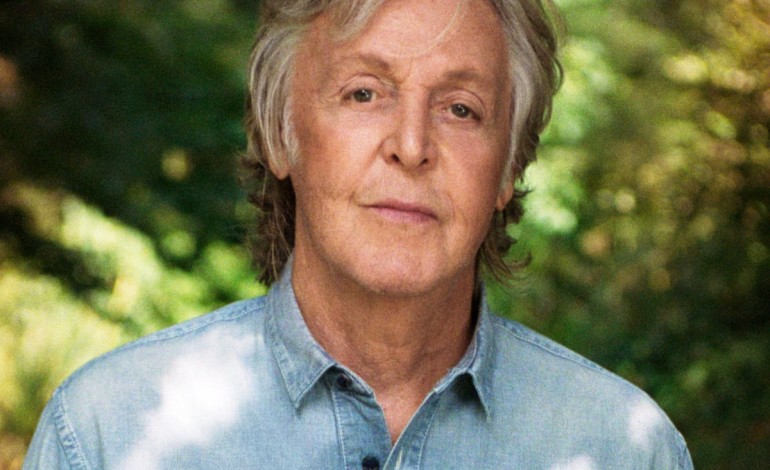
In a recent statement, Paul McCartney expressed concerns over artificial intelligence in the music industry, highlighting the potential threat it poses to young composers and writers.
McCartney warned, “We[’ve] got to be careful about it because it could just take over and we don’t want that to happen particularly for the young composers and writers [for] who, it may be the only way they[’re] gonna make a career. If AI wipes that out, that would be a very sad thing indeed.” His comments come at a time when the use of AI in music creation is under scrutiny, particularly for its implications on copyright and creative integrity.
McCartney’s concerns align with broader discourse in Parliament. During a House of Lords debate on the Data Bill, Baroness Beeban Kidron emphasised the threat AI poses to creators, referencing a petition signed by nearly 36,000 individuals and organisations in the creative sector demanding protection against unlicensed use of their works for AI training.
The legislative response includes a proposed bill by Baron Chris Holmes in 2022, which would require anyone training AI to report and gain permission for using protected material, ensuring compliance with intellectual property and copyright laws. However, this bill has not yet progressed beyond its third reading.
There appears to be a significant discord between the UK government’s Department of Science, Research and Innovation and the Department for Culture, Media and Sport regarding AI’s role in the creative industries. Dame Caroline Dinenage, chair of the Culture, Media and Sport Committee, has criticised the DSRI for being overly enthusiastic about AI, potentially at the expense of creative workers. She pointed out that any financial benefits from AI in music would likely come at the cost of income for artists, framing it as a zero-sum game for the wider economy.
On the creative front, AI’s integration into music production has shown both benefits and controversies. A 2024 report by Youth Music revealed that two-thirds of 18-14 year olds use AI to support their creative processes, helping to overcome barriers like time and financial constraints. However, the use of AI to simulate voices or produce ‘covers’ of unreleased songs often leads to copyright infringement issues, with videos being swiftly removed from platforms like YouTube.
The distinction between using AI to enhance existing material versus creating new works from scratch underscores the debate. McCartney himself has used AI to salvage John Lennon’s vocals for the Beatles’ song ‘Now and Then’, originally recorded for the Anthology project in 1996 but abandoned due to poor audio quality. The AI’s role was to remove background noise like the 60 cycle hum, not to generate new content, which McCartney clarified by stating, “nothing has been artificially or synthetically created. It’s all real and we all play on it.”
The ongoing debate reflects a tension between innovation and the protection of artistic integrity, with McCartney’s voice adding significant weight to the conversation about how AI should be integrated into the music industry to support human creativity, rather than replace it.
